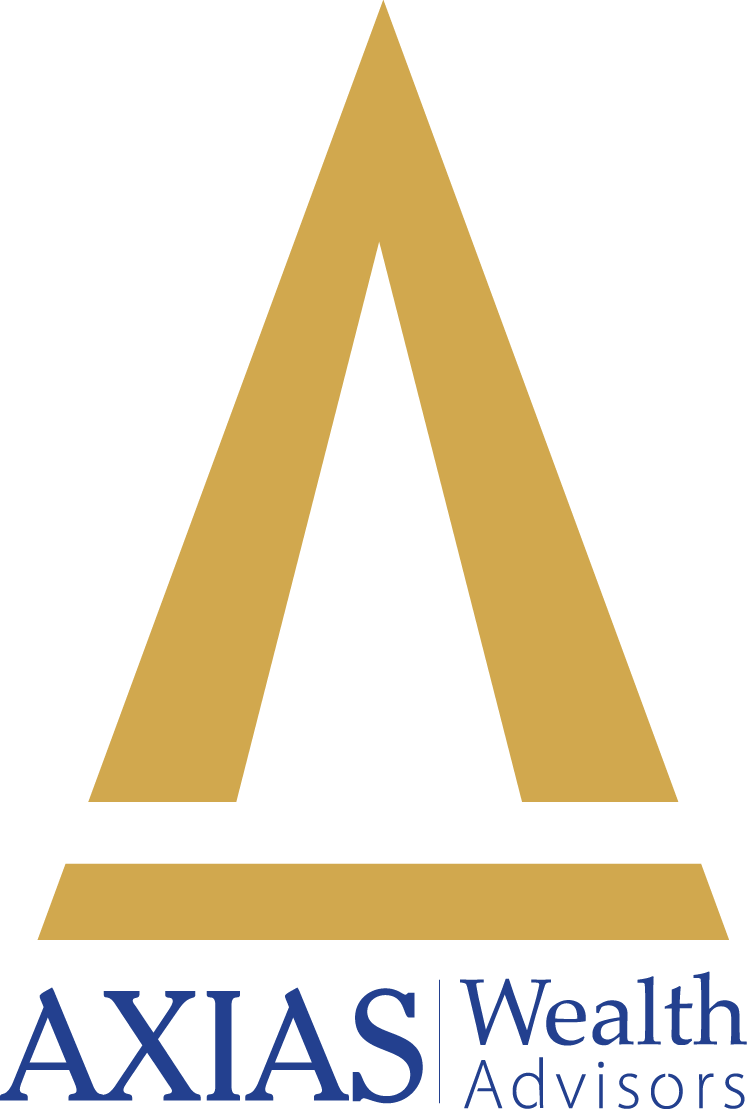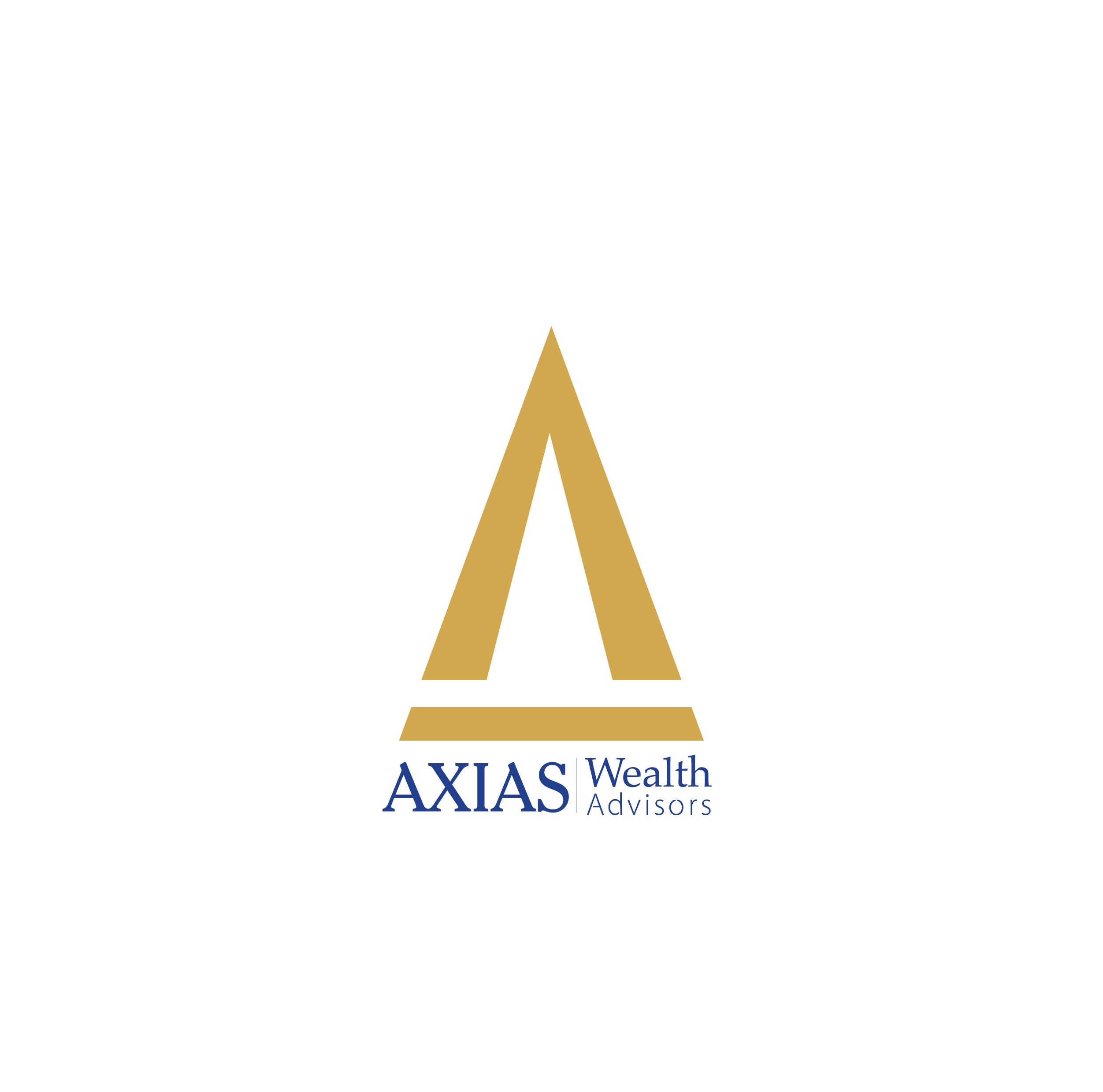
11 Dec Solo 401(k)—An Alternative to SEP IRA
Which is best for you?
Figuring out a retirement plan can seem like a daunting task if you’re self-employed or a small business owner, but it’s not as complicated as you might think. There are basically two ways to go that can work well in most cases, The first is the Simplified Employee Pension IRA (SEP IRA). SEP IRAs have been around for decades and are favored by many because they’re relatively easy to set up and administer. There are no annual filing requirements or administrative costs. The second, much more recent and somewhat overlooked choice is the solo 401(k). As an alternative to the superficially appealing SEP IRA, this plan has some surprising advantages.
Let’s take a look at the characteristics of each plan with an eye toward the benefits that may make a solo 401(k) the best choice for you.
SEP IRA
The SEP IRA was created by Congress in 1978 specifically with small businesses in mind. It’s a profit-sharing plan that lets business owners make IRA contributions for themselves and eligible employees. Here are the SEP IRA basics:
- You can contribute either a set amount adjusted for inflation each year ($66,000 for 2023) or 25% of your business’s income, whichever is the lower amount. (Note: the percentage is 20% in the case of a single-member limited liability corporation or a sole proprietorship.)
- SEP IRA contributions are tax-deductible and feature tax-deferred growth on investments.
- You can choose how much you want to contribute to your SEP IRAs each year based on how your business is doing, but you must make a contribution. And employee contributions aren’t allowed—it all comes from you.
- As an employer, you have to contribute the same amount to each employee plan as you contribute for yourself.
- SEP IRA funds are 100% vested right away, so account holders have full ownership of the money contributed.
- You have up until you file your taxes to complete your contributions. You don’t have to do it by the end of the tax year.
Solo 401(k)
This is basically a 401(k) tailored for those who are self-employed or who own a small business with no other employees (a “sole proprietorship”). It allows you to take advantage of tax deferments and to allocate funds into investment accounts for retirement. Most financial experts say a solo 401(k) is preferable to a SEP IRA for solo practitioners. That’s because of these features:
- In contrast to SEP IRAs, which only allow traditional pretax contributions, the solo 401(k) allows for post-tax Roth contributions, so you can gradually accumulate a large stash of tax-free cash.
- Solo 401(k)s let you make an employee contribution—where you, the owner, are the employee—in addition to a profit-sharing contribution. (That’s a no-no where SEP IRAs are concerned.) So you can contribute up to $22,500 for 2023 regardless of whether your business loses money.
- While you can’t borrow against an SEP IRA, solo 401(k) participants can take out a loan equal to either $50,000 or 50% of the plan balance, whichever is the lower amount.
- The owner of a solo 401(k) can contribute the same amount as the owner of an SEP IRA. But with the former—if you’re age 50 or older—you can also contribute an extra $7,500 for 2023 as a catch-up contribution.
All in all, it’s clear that the solo 401(k) can often be a great alternative to SEP IRAs, especially if you are your business’s sole employee.
For Educational Purposes Only – Not to be relied upon as financial, tax, or legal advice.
Sources
https://www.experian.com/blogs/ask-experian/sep-ira-vs-solo-401k/#:~:text=Both%20SEP%20IRAs%20and%20solo,flexibility%20and%20allow%20bigger%20contributions.
https://www.forbes.com/advisor/retirement/sep-ira-vs-solo-401k/
https://www.businessinsider.com/personal-finance/solo-401k-vs-sep-ira
6065594RG_Dec25



No Comments